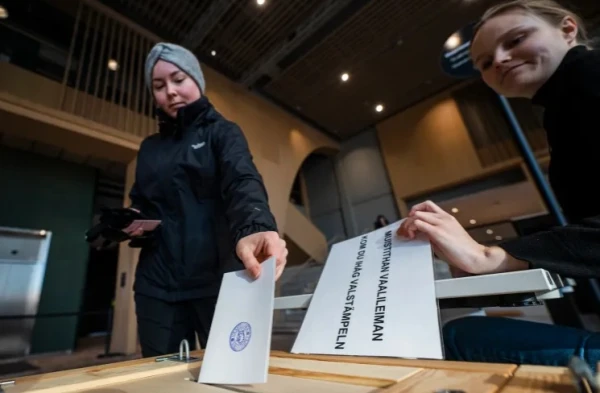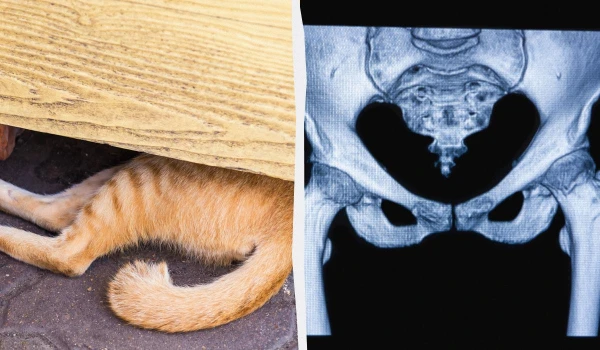
This factor turned out to be even more important than education.
The results of a study published in the Journal of Epidemiology & Community Health show that voter behavior in elections is closely related to future mortality risk—and likely has an even stronger impact on health than education level, which is traditionally considered one of the key factors.
Researchers note that in recent years, participation in elections has increasingly been viewed as a potential social determinant of health—that is, a non-medical factor affecting overall well-being and life expectancy. It has been previously established that people who participate in elections generally have better health than those who do not vote. However, it remained unclear whether participation in voting itself could be considered an indicator of future mortality risk.
To investigate this issue, researchers analyzed data on voter turnout in the 1999 parliamentary elections among all citizens of mainland Finland aged over 30. The study included 3,185,572 individuals (1,508,824 men and 1,676,748 women), with a turnout of 71.5% among men and 72.5% among women. Participants were observed from March 21, 1999 (election day) until their death or the end of 2020. During this period, 1,053,483 individuals died, of which 95,350 were from external causes (accidents, violence, alcohol abuse), and 955,723 were from other major diseases. Data from 2,410 individuals with an undetermined cause of death were excluded from the analysis.
It was found that non-participation in voting was associated with a significantly higher risk of death: 73% higher among men and 63% higher among women. After adjusting for education level, these figures decreased but remained significant—64% and 59%, respectively. Moreover, the differences in mortality between voters and non-voters were more pronounced than between individuals with basic and higher education. The strongest association was observed when analyzing deaths from external causes: after adjusting for age, the risk of death among non-voting men and women was found to be twice as high as among those who participated in the elections.
The differences also depended on gender, age, and income. Among men under 50, non-participation in elections was particularly strongly associated with an increased risk of death. In older age groups (75-94 years), women who did not participate in elections had higher mortality than voting men. Additionally, among men from the lowest income quartile, the risk of death associated with non-participation in voting was 9-12% higher than among individuals from more affluent groups.
The authors emphasize that their work is observational and does not prove causation. Some participants may not have voted not by their own choice but for objective reasons. Nevertheless, the fact that voting emerged as a stronger predictor of mortality than education indicates a profound connection between electoral participation and life expectancy—especially considering that the impact of education level on mortality has long been recognized as one of the most robust socio-demographic factors.













